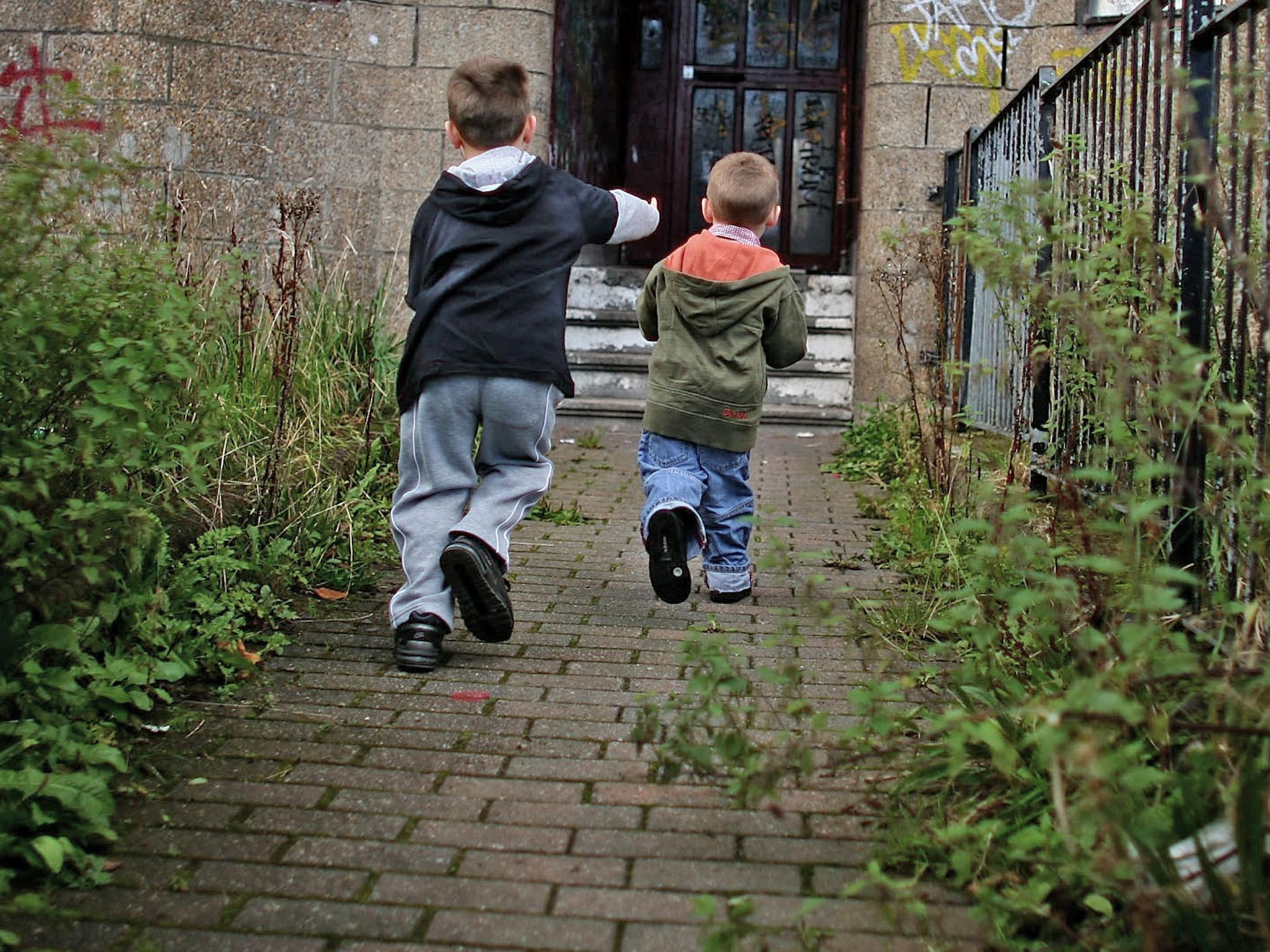Royal baby: He's just one in 2,000 born in the UK yesterday - but will know nothing of the poverty that will hit one in three of them
According to the Office of National Statistics one in four of them will live to be 100

Your support helps us to tell the story
From reproductive rights to climate change to Big Tech, The Independent is on the ground when the story is developing. Whether it's investigating the financials of Elon Musk's pro-Trump PAC or producing our latest documentary, 'The A Word', which shines a light on the American women fighting for reproductive rights, we know how important it is to parse out the facts from the messaging.
At such a critical moment in US history, we need reporters on the ground. Your donation allows us to keep sending journalists to speak to both sides of the story.
The Independent is trusted by Americans across the entire political spectrum. And unlike many other quality news outlets, we choose not to lock Americans out of our reporting and analysis with paywalls. We believe quality journalism should be available to everyone, paid for by those who can afford it.
Your support makes all the difference.The royal baby is one of around 2,000 children born every day in the UK. Yet whilst the third in line to the throne can expect a life unimaginable to its cohort of subjects with whom it will share a birthday, all babies can anticipate a longer span than their parents before them.
According to the Office of National Statistics one in four will live to be 100. The average longevity of those born since 2009 is 78.7 for a boy and 82.6 for a girl.
Yet worryingly campaigners estimate that one in three children in Britain – four million young people - are living in relative poverty which is one of the highest figures in the industrial world.
At Ipswich Hospital NHS Trust, one of the busiest maternity units in Britain, there is no such thing as an average child or an average mother.
Catering for a population of some 400,000 people last year it dealt with 3,700 deliveries or around 10 per day. Of these nearly seven out of 10 were delivered normally whilst in 20 per cent of cases the mother underwent a caesarean section.
Around 13 per cent were born with the aid of instruments such as forceps or ventouse. All mothers attend with a birth partner.
Emma Hardwick, head of midwifery and clinical services at Ipswich Hospital, said all mothers receive one-to-one care during labour in accordance with national guidelines.
But she said much had changed since she qualified in 1994.
“We see a lot of women now who might never have had babies – who have had treatment for infertility perhaps. The population is changing and the profile of women has changed in the past 20 years – they may be older, might have more complex medical conditions, mental health problems or be overweight,” she said.
“Being a midwife is a privilege and a delight. We understand what birth is about. We understand the physiological processes – what is normal and how to recognise what to do if we are concerned. Thousands of women across the world every day have babies. It is a normal process so it is about supporting the woman and her partner. But the wonder of seeing a baby born never diminishes,” she added.
Join our commenting forum
Join thought-provoking conversations, follow other Independent readers and see their replies
Comments